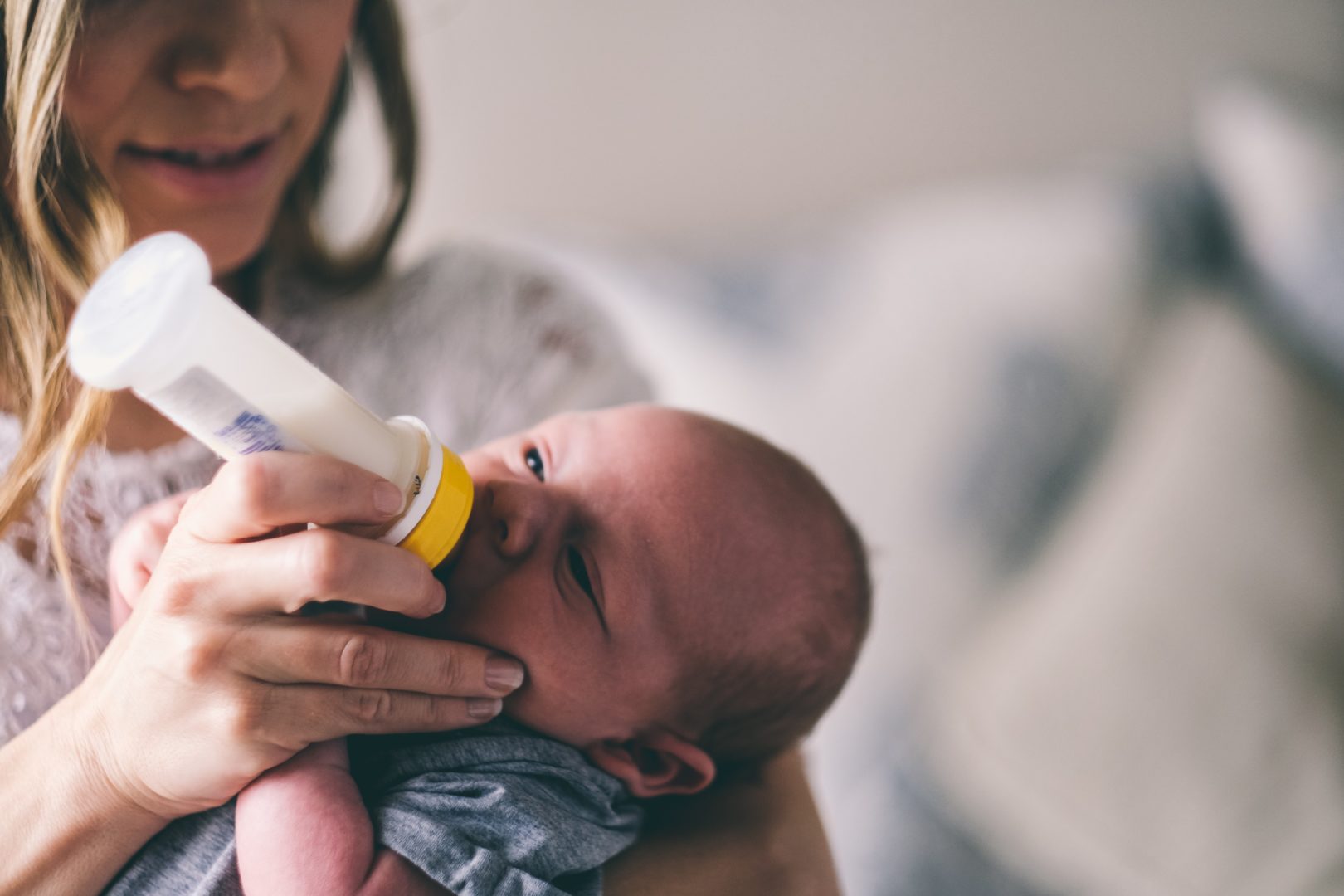It seems to be a never-ending debate for many women: When is the best time to have kids? And sometimes: How long can I wait?
While the average age for first-time moms is 26, new research from the London School of Economics suggests there are benefits to delaying childbirth a decade or so later than that. The study found that children born to older moms, ages 35 and up, tend to be smarter than children born to young moms. But it wasn’t always that way.
Using data from studies done between 1958 and 2002, the LSE researchers found that while children born to older women used to show less cognitive ability compared to children born to younger mums, that trend reversed itself somewhere between the 1970s and the millennium. Why? Well, “the social meaning associated with having children at older ages has changed markedly over time,” the researchers wrote.
Before the 1970s, children born to older women tended to be the youngest in large families, born to women who had started their families a decade or more earlier. These children had to split resources with a host of older siblings and therefore had the deck stacked against them, something that showed up on their intelligence scores.
Today, children born to older women are more likely to be their mother’s firstborn child, since more women are waiting later to start families. And women who wait to have children are more likely to be college educated, more established in their careers, and wealthier. They are also less likely to smoke. All of those factors have been found to play a role in giving children an edge where intelligence is concerned.
Last year, a different study found that children born to older moms are healthier, taller, and pursue higher education than those children born to younger moms. And a study from Washington University in St. Louis found that “working women who want to minimize career income losses related to motherhood should wait until they are about 30 years old to have their first children.”
There are still risks involved for women who choose to wait to have children. But more and more evidence show that the pros outweigh the cons.
“First-time mothers in their 30s are, for example, are likely to be more educated, have higher incomes, are more likely to be in stable relationships, have healthier lifestyles, seek prenatal care earlier and have planned their pregnancies,” London School of Economics researcher Alice Goisis told the Times of London.
So if you’re in your 30s and still mulling over the idea of kids, don’t fret. Science seems to be on your side.




